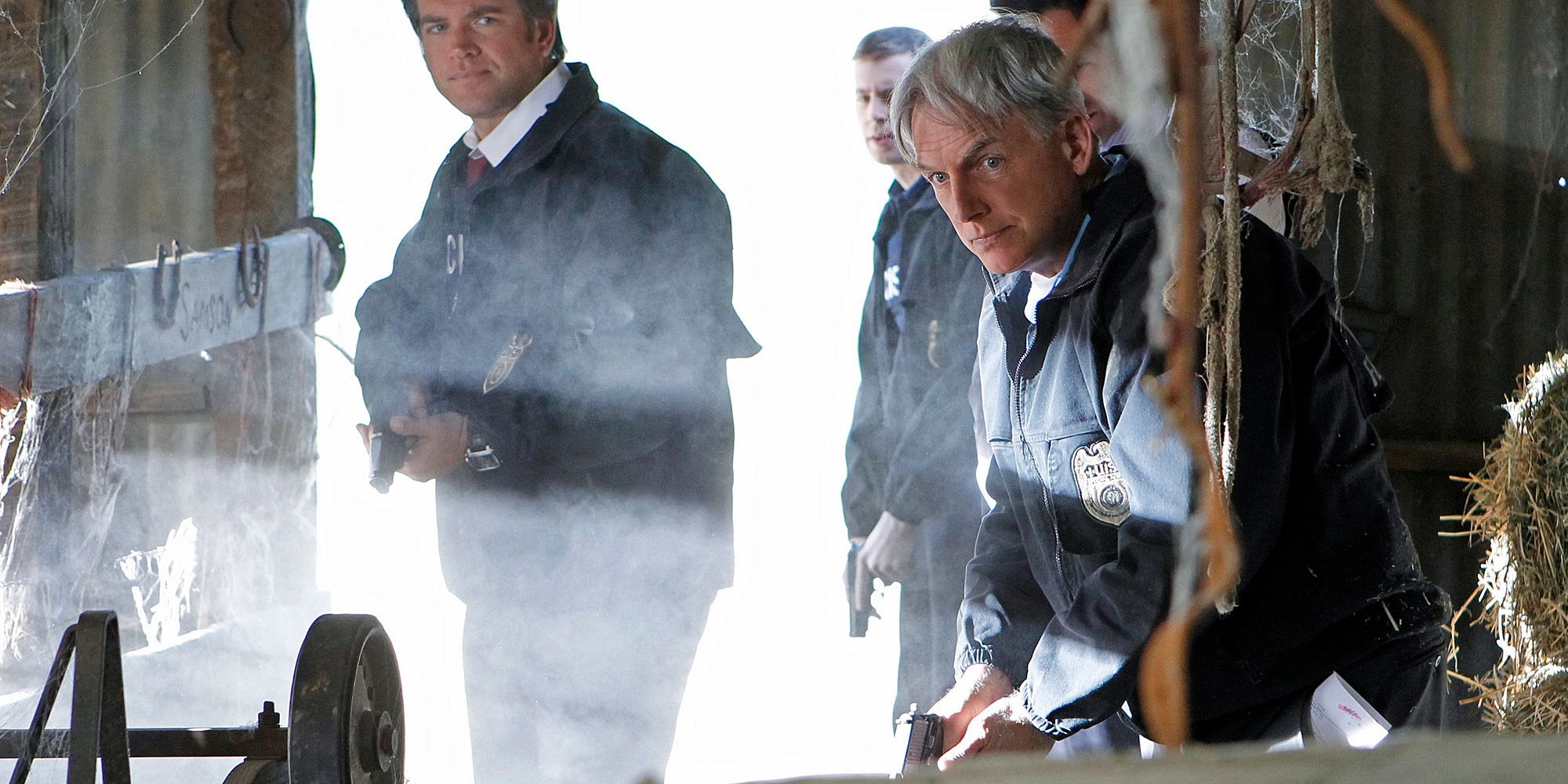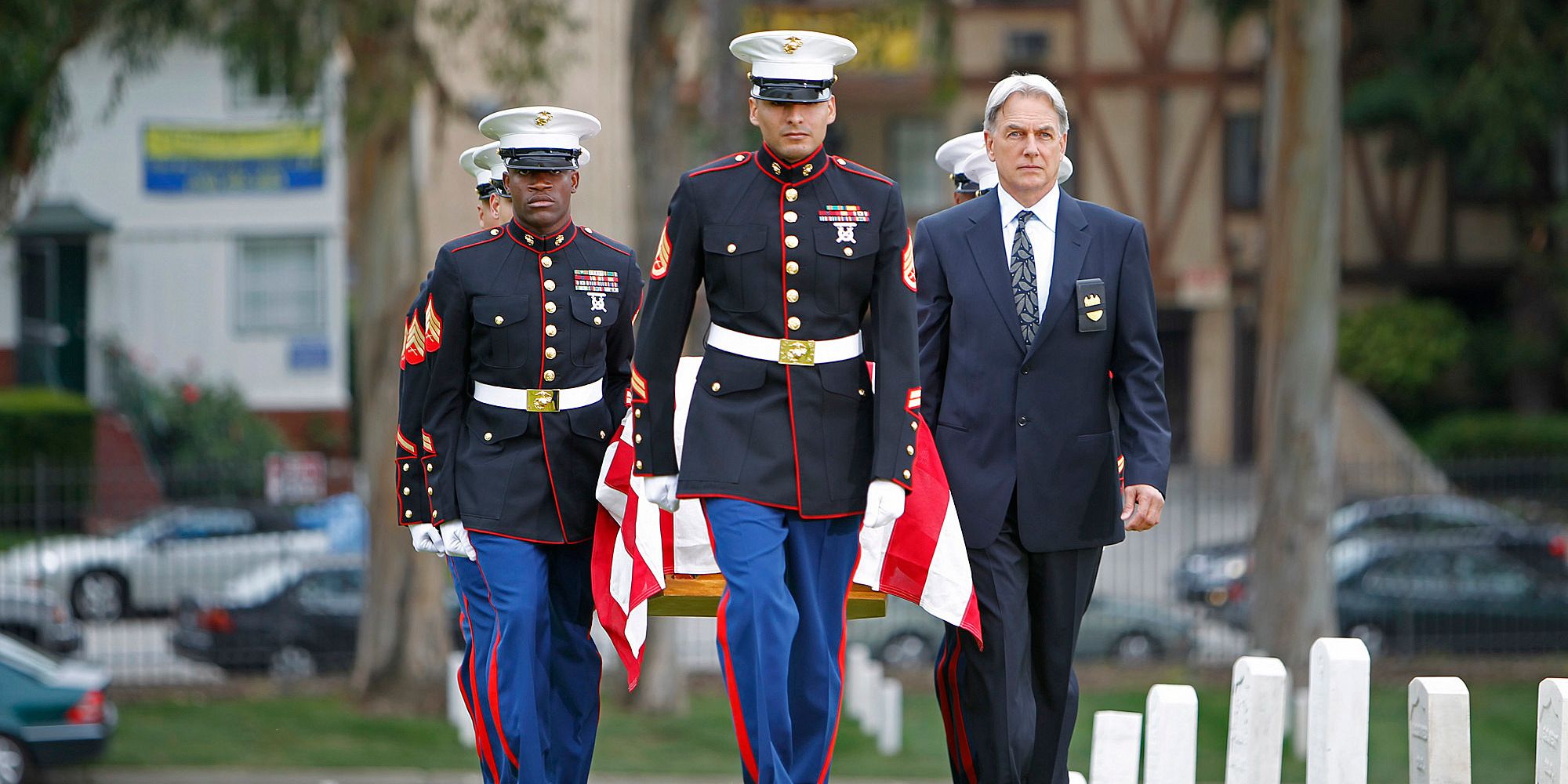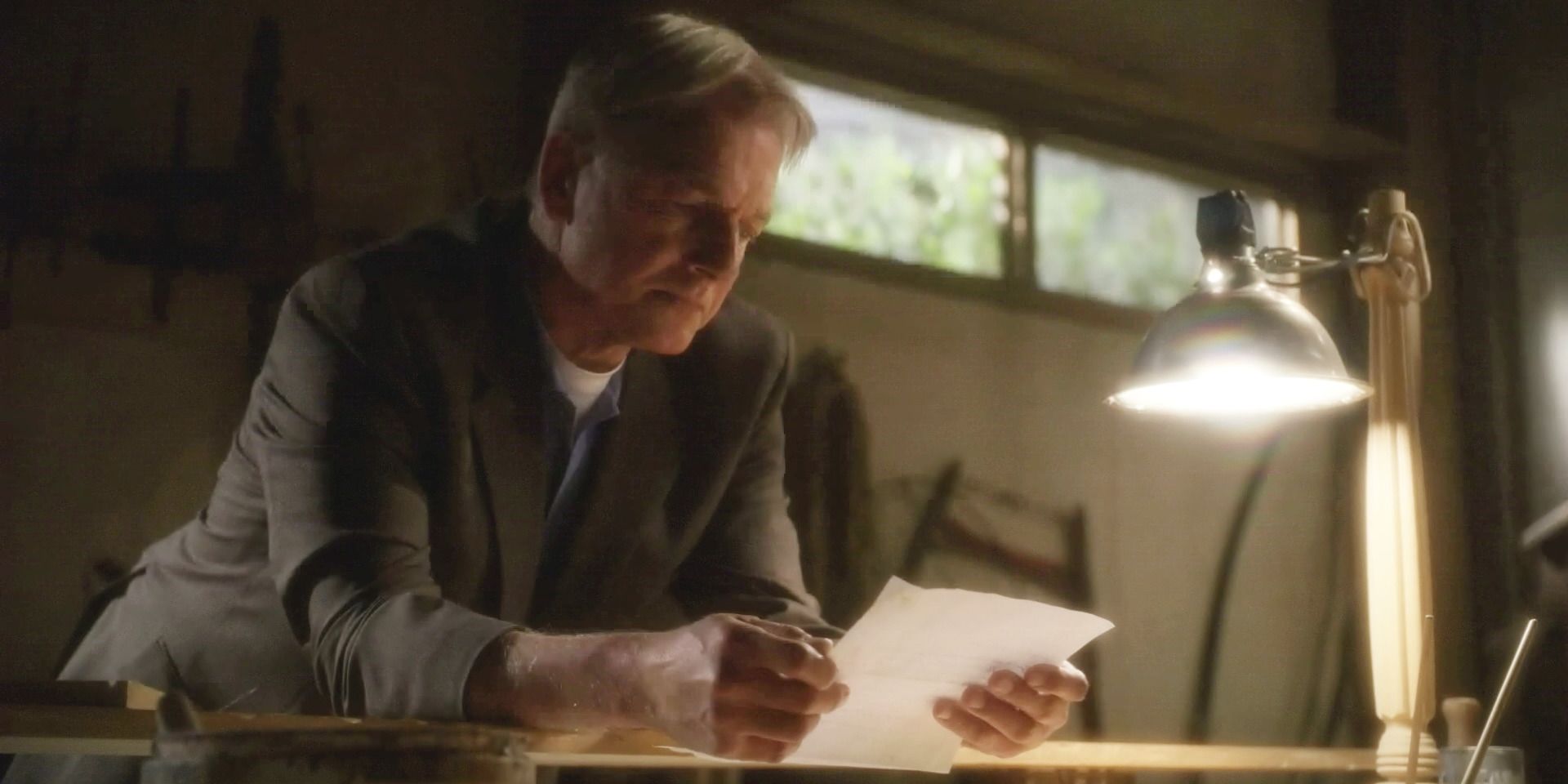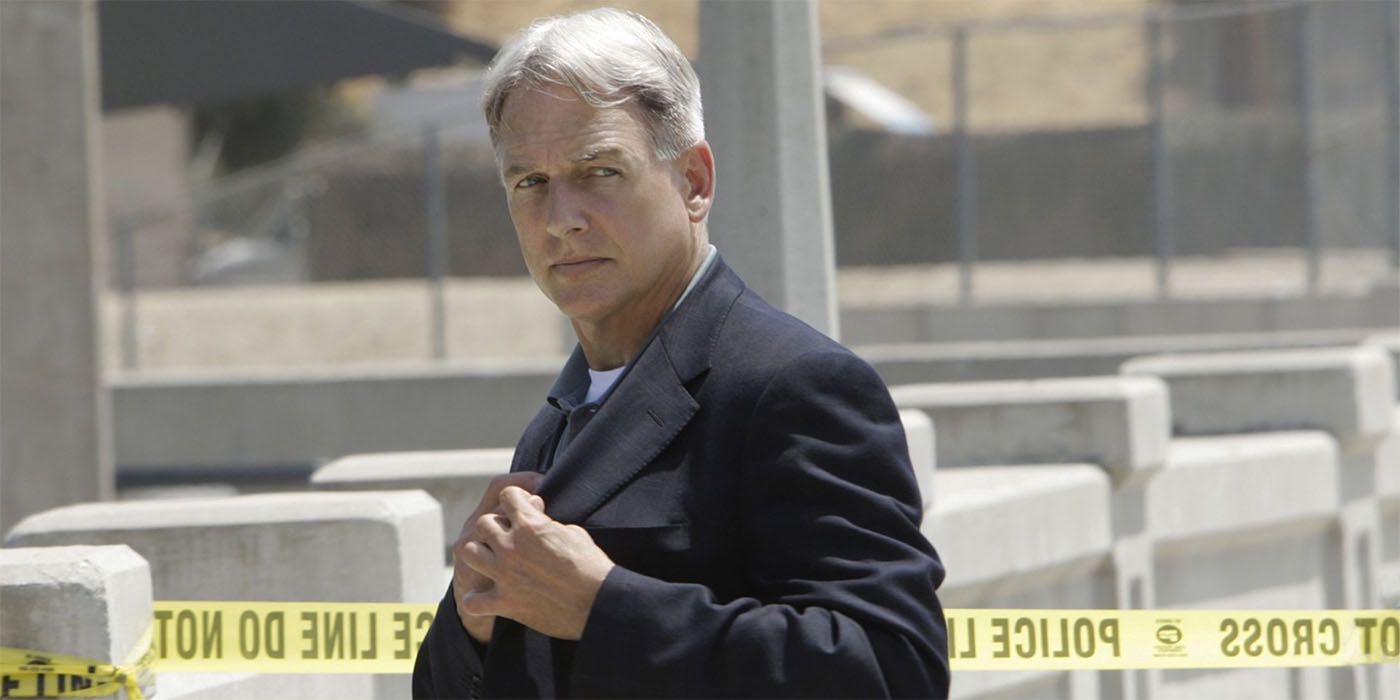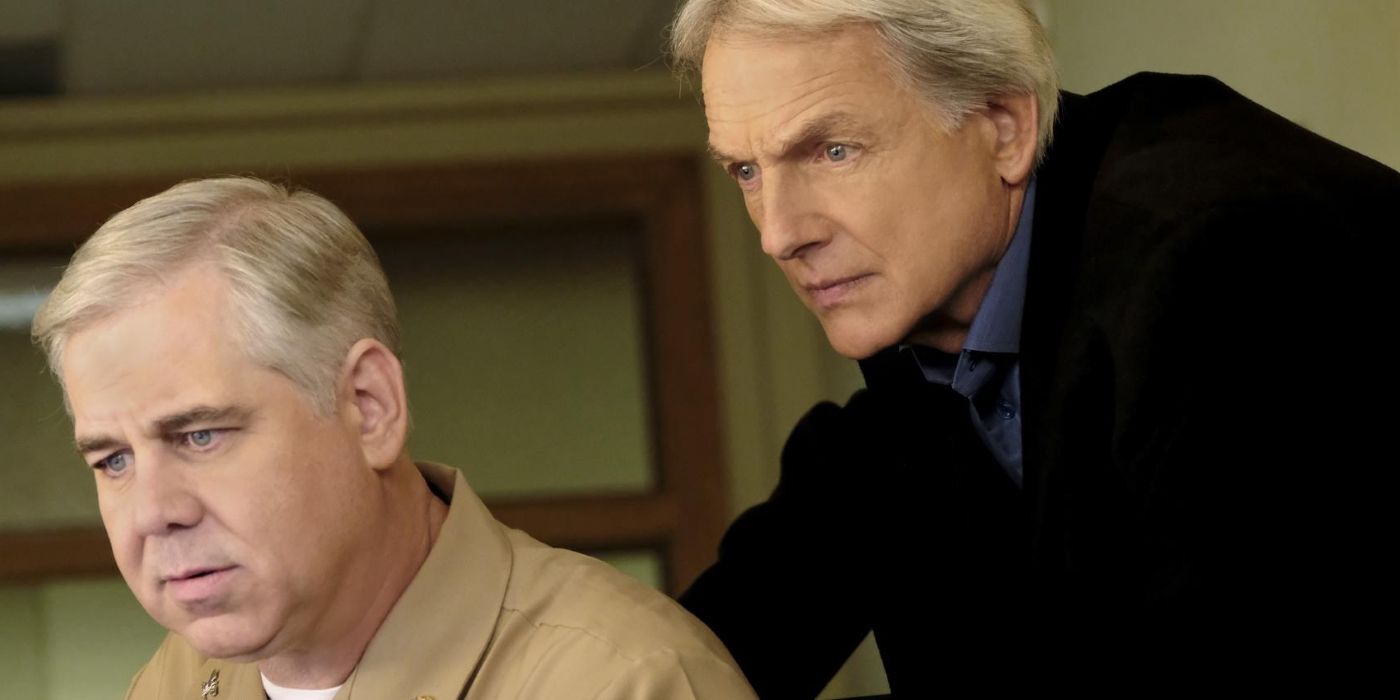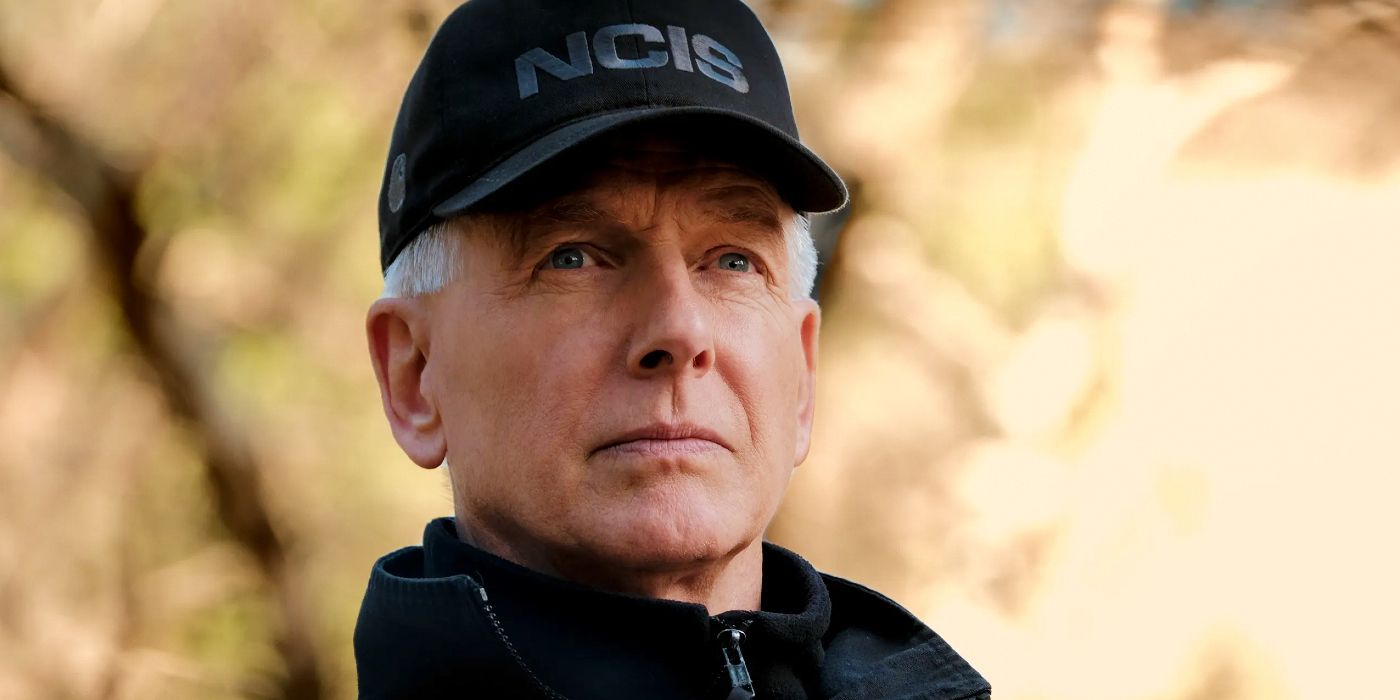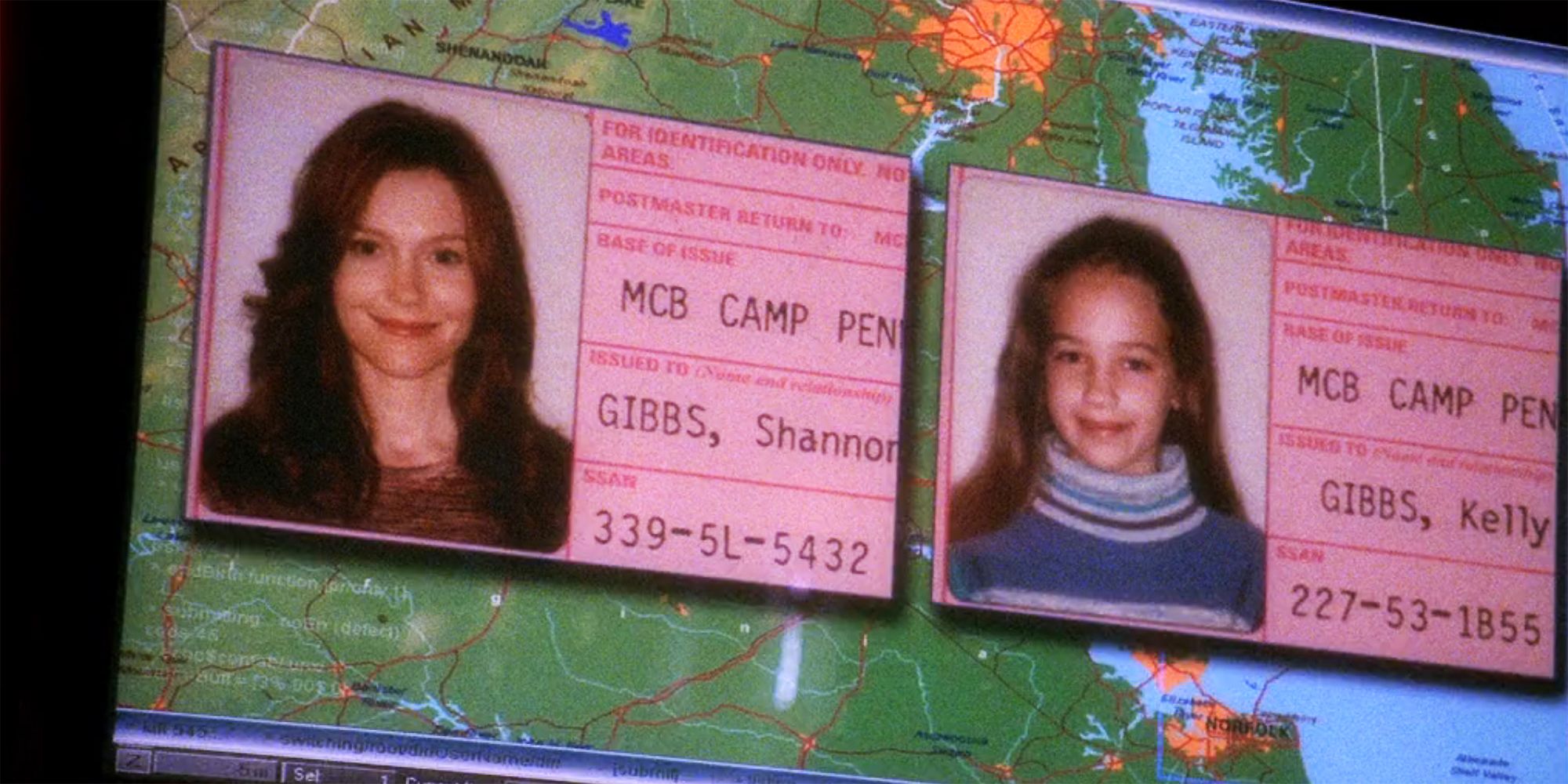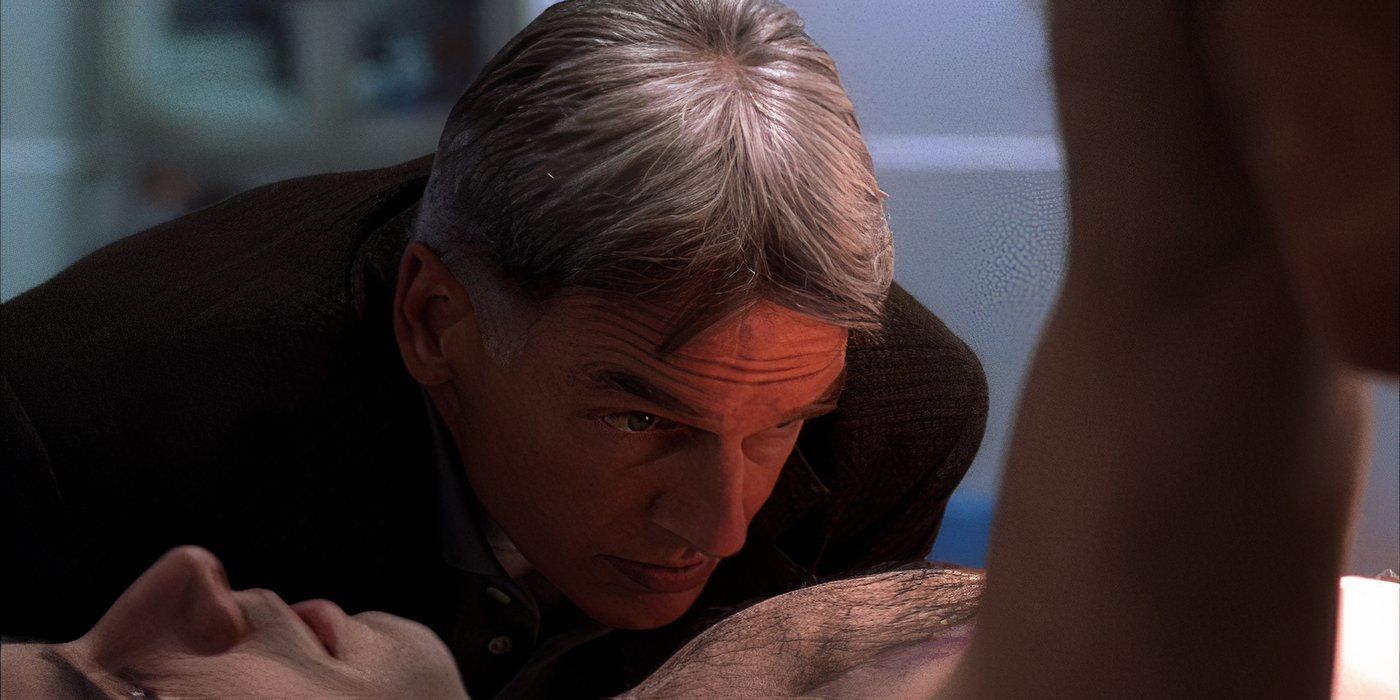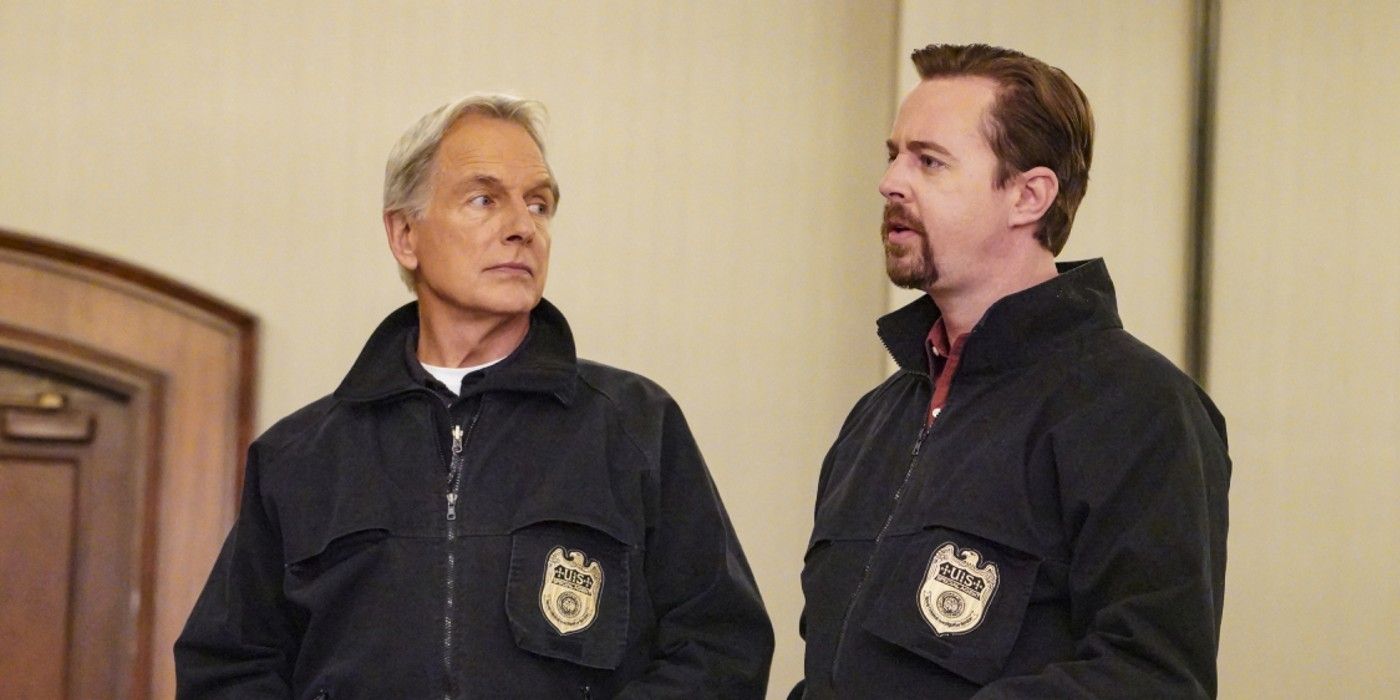Mark Harmon's Gibbs is such an iconic NCIS character, and his list of rules cemented him as one of the best. Although Harmon's Gibbs left NCIS in season 19, he remains a vital character to the show. This is especially since Harmon was the one who introduced the world to the brilliant Leroy Jethro Gibbs in NCIS' pilot episode.
While Gibbs prides himself on his list of rules, he is not as strict about them as it might appear. There have been many times when Gibbs broke his own rules in the name of justice, which adds to the intrigue of his character. Out of all his rules, there are 10 that stick out as Gibbs' best in NCIS.
10 Rule #3
Never Believe What You Are Told. Double Check.
Gibbs' best NCIS rules highlight his skills as an NCIS special agent, and his rule number three encapsulates this perfectly. Gibbs is a firm believer in double-checking information himself and not taking someone's word for it at face value. This came in handy in numerous cases, and it also helped teach the other MCRT members how to be better agents themselves.
Rule number three was also one of the few rules that was first introduced in "Yankee White." Because of its early introduction, it remains one of the most iconic Gibbs rules to date. It was instrumental in revealing who Gibbs was, while also helping new members of the MCRT, like Kate Todd, discover what it means to work for NCIS.
9 Rule #4
Best Way To Keep A Secret: Keep It To Yourself. Second Best: Tell One Other Person—If You Must. There Is No Third Best.
Throughout NCIS, and especially during the show's earlier seasons, Gibbs does not share personal information easily. He keeps to himself and is a largely emotionally reserved character. While some of his rules seem more related to his work, number four seems to be from a heartbreaking personal experience that caused him to develop trust issues early on.
8 Rule #7
Always Be Specific When You Lie.
Gibbs' rule number seven also highlights his skills and years of experience as an agent. As someone in his line of work, Gibbs is constantly placed in high-risk situations. Sometimes the only solution is lying to get out of it. However, there is more to Gibbs' method of lying.
According to Gibbs, it is not enough to protect yourself with a lie, you have to be specific about it, too. Gibbs has developed years of skills and experience that have equipped him with everything he needs to survive just about any situation. His brilliance in knowing how to lie, and when, only adds to this long skill set.
7 Rule #9
Always Carry A Knife.
Rule number nine also shows off Gibbs' skills as a special agent, but in a different way. It highlights his ability to excel physically as an agent by using his resources to get out of difficult situations. Rule number nine is also one of the few rules that appear more than once in NCIS.
Beyond NCIS, Mark Harmon's introduction to rule number nine also appeared in NCIS: Origins via Austin Stowell's Gibbs early on in the NCIS spinoff. As a result, Gibbs' ninth rule is one of the only rules of his that has also appeared outside NCIS. Its importance is highlighted across the NCIS universe.
6 Rule #11
When The Job Is Done, Walk Away.
When the rule was first introduced in NCIS season 6, episode 24, Gibbs and Tony were talking about the rule together at the end of a difficult case. Some of Gibbs' rules can be seen as mundane ways that Gibbs deals with his work. However, rule number 11 clearly has some depth behind it, as it helps him move on.
5 Rule #13
Never Involve A Lawyer.
Gibbs' rule number 13 is another rule of his that is very specific to his character. As much as Gibbs likes to work together with his team, he also likes to do things by himself. Sometimes, this means trying his best to solve cases and issues before they result in needing to bring in a lawyer.
4 Rule #14
Bend The Line, Don't Break It.
Gibbs' rule number 14 is one of the rules that he has broken repeatedly. However, it remains an important Gibbs rule because it also highlights what made Gibbs such a popular NCIS character. Gibbs was all about justice, but he was not always on the right side of the law.
This created several moral dilemmas for his character, with his biggest one being the murder of Pedro Hernandez. Gibbs' retaliation killing of Hernandez was probably the biggest instance of Gibbs doing more than just bending the line. However, despite Gibbs breaking the rule, it still holds up as one of the best ways to describe Gibbs.
3 Rule #18
Better To Seek Forgiveness Than Ask Permission.
Related to rule number 14, rule number 18 is almost like the second part of Gibbs' rule for breaking the rules. Whenever he is faced with a situation where he knows he will cross a line, he knows that it is better to ask for forgiveness later than to ask for permission before. This again highlights Gibbs' complexity.
Gibbs understands that he is not perfect and that he makes mistakes. That is why rule number 18 makes so much sense for his character. There have been many times when Gibbs has felt like the legal system was not enough to bring justice to certain victims and criminals. This is when Gibbs takes matters into his own hands.
2 Rule #39
No Such Thing As A Coincidence.
Gibbs' rule number 39 is another one of those rules that explains Gibbs' incredible skills as an agent in so few words. He has been an active NCIS agent since the early 1990s and has come across a wide variety of cases and suspects. That is why rule number 39 fits Gibbs so well.
Over time, Gibbs learned that coincidences do not exist. He may seem pessimistic in believing so, but he is also a realist. His line of work has shown him that cases and criminals always have certain connections that can be easily dismissed as a coincidence. However, Gibbs knows better than that.
1 Rule #91
When You Walk Away, Never Look Back.
Finally, one of Gibbs' best rules that truly captures who he is as a character on NCIS is rule number 91. The rule reveals that Gibbs knows that when he decides to walk away, he can never go back. The rule protects him from giving in to nostalgia while also helping him maintain distance between his past and present.
Rule number 91 also captures Gibbs' character by being the rule that surrounds his retirement. When Gibbs decided to leave in season 19, his decision not to return since then was cemented by rule number 91. While he has broken rules before, it seems like rule 91 is one that will keep sticking in NCIS.
Enjoy ScreenRant's primetime coverage? Click below to sign up for our weekly Network TV newsletter (make sure to check "Network TV" in your preferences) and get the inside scoop from actors and showrunners on your favorite series.
Image via CBS












































































































